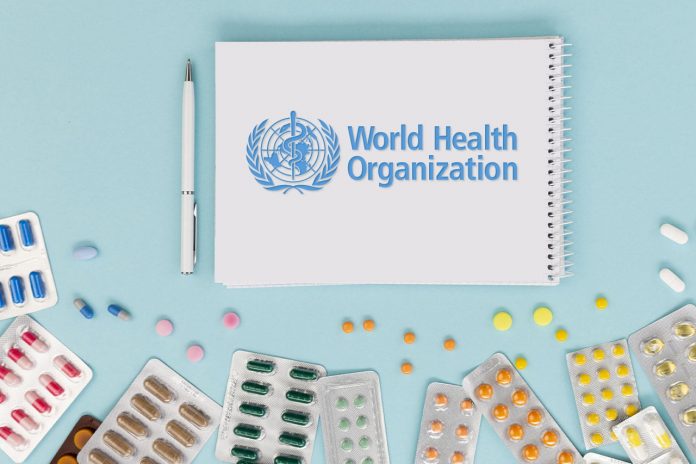The World Health Organization (WHO) recently issued a revised draft guidance to industry addressing good manufacturing practices (GMPs) for investigational drug products as well a new draft guideline addressing GMP principles for research and development facilities in the context of the COVID-19 pandemic.
The draft guidance on GMPs for investigational products was prompted by WHO’s Prequalification Team Inspections Services (PQT), which last year expressed the need to revise the WHO GMP guideline for investigational pharmaceutical products to address inspections for COVID-19 therapeutics. WHO’s 55th Expert Committee on Specifications for Pharmaceutical Products (ECSPP) “concurred” with the revision proposal.
It has new recommendations governing personnel, recalls and shipping products. WHO said the objective of the update is to align the guidance with “current expectations and trends in good manufacturing practices” and to “harmonize the text with the principles from other related international guidelines.”
The guideline covers a wide scope of GMP issues including quality management, quality risk management, personnel and documentation considerations. Issues related to manufacturing premises, equipment and utilities, materials and production are also addressed. Finally, the draft guideline has sections on the quality unit, qualifications and validation, complaints, recalls, returns, shipping and destruction.
The revision adds a new recommendation in the “personnel” section stating that “a responsible person should be designated for the release of batches.” It also recommends that “appropriate protective garments should be worn, based on operations and risk” and bans activities such as “smoking, eating, drinking, chewing and keeping plants” from areas where they might affect product quality.
It further advises that “visitors and untrained persons should only be allowed into production and quality control areas as a rare exception and should then be instructed and closely supervised at all times.”
It also adds a new language on recalls, saying that “the recall process should be tested routinely and the results of mock recall should be recorded to demonstrate effectiveness.”
The revision also adds new recommendations for shipping products. It states that “shipping studies should be performed to establish acceptance shipping conditions, including temperature and light protection, based on product attributes.”
GMPs for research and development
WHO also released a revised draft guidance on the GMP principles that should apply to research facilities. WHO’s PQT also last year “raised the urgency for the development of life cycle appropriate good practices text” in response to the pandemic.
WHO said that “with an ever increasing awareness of the risk in pharmaceutical production and control and the lifecycle approaches being followed, greater emphasis is being placed on ensuring that the research and development of products are appropriately controlled and documented.”
The guidance covers quality management and quality risk management in product research and development. Specific areas addressed include sanitation and hygiene, qualification and validation, outsourced activities, self-inspection and quality audits and personnel training. Considerations related to premises, equipment and instruments and materials, documentation, processing and process design, quality control, stability and technology transfer are also included in the draft guidance
The guidance includes minor revisions made after internal stakeholders reviewed a November 2020 version. It adds clarifies the document’s scope and intent, noting that “the main focus of this document is to provide for [good practice] in the production and control of pre-clinical and not for human use batches, manufactured in pharmaceutical formulation and development facilities, where these are directly supporting; for example, shelf life claims, animal studies or validation activities.”
The quality management section has also been revised, and guideline has some formatting changes as well.

